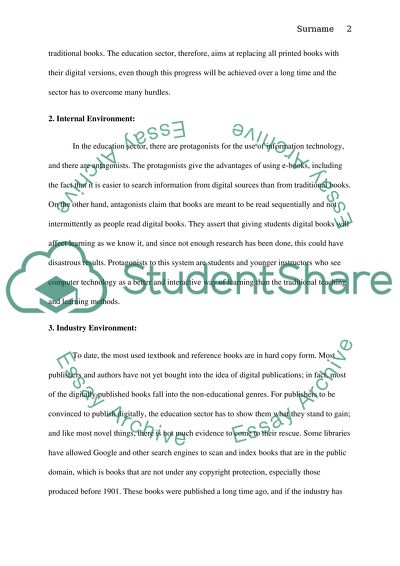Cite this document
(“Information Technology: Use in the Education Sector Research Paper”, n.d.)
Retrieved from https://studentshare.org/marketing/1395400-information-technology-use-in-the-education-sector
Retrieved from https://studentshare.org/marketing/1395400-information-technology-use-in-the-education-sector
(Information Technology: Use in the Education Sector Research Paper)
https://studentshare.org/marketing/1395400-information-technology-use-in-the-education-sector.
https://studentshare.org/marketing/1395400-information-technology-use-in-the-education-sector.
“Information Technology: Use in the Education Sector Research Paper”, n.d. https://studentshare.org/marketing/1395400-information-technology-use-in-the-education-sector.


